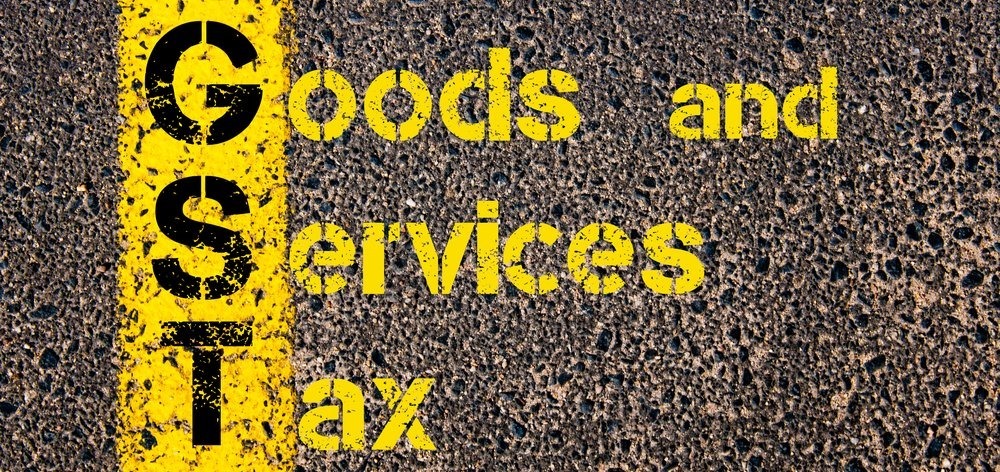Not Filing GST? Your Bank Account Can Be Frozen, GST Registration Cancelled As Per New Rules

As per the reports, the non-filing of Goods and Services Tax (GST) returns could result in attachment of bank accounts or cancellation of registration.
How Did This Happen?
According to the GST law, it is mandatory for a registered person to file returns either monthly (normal supplier) or on a quarterly basis (Supplier opting for composition scheme).
It says that an ISD (Input Service Distributor) will have to file monthly returns showing details of credit distributed during the particular month.
The persons required to deduct tax (TDS) and persons required to collect tax (TCS or Tax Collected at Source) also have to file monthly returns showing the amount deducted/collected and other specified details as per the law.
A non-resident taxable person also has to file returns for the period of activity.
The non-filing of GST (Goods & Services Tax) returns may lead to attachment of bank accounts and even cause the cancellation of registrations.
According to reports, the finance ministry has made it a part of the Standard Operating Procedure (SOP) in case of non-filing of GST returns, the report said.
The assessees are required to file GST returns either monthly (normal supplier) or quarterly (supplier opting for composition scheme) as per the report.
Why Did This Happen?
The report said that around 20 percent of GST assessees do not file their returns, which hurts the revenue collection.
Because of the lack of clarity on how to proceed with non-filers and lack of uniformity in procedures, the Central Board of Indirect Taxes and Custom (CBIC), has come out with an SOP.
So ultimately SOP deals with defaults on GST payments.
Under the SOP, after the due date of return, a system-generated notice is sent to defaulters if the payment is not made on the due date.
What Will Happen If Payment Is Not Done?
As per the reports, if the dues have not been cleared after five days, a notice, issued under Form 3-A, is sent mandating that the payment be made within 15 days.
Still, if the payment is not made after 15 days, an officer will evaluate the tax liability of the concerned individual.
They informed that the officer can then demand recovery of the returns after issuance of Form GST ASMT-13.
If the defaulter clears the pending dues, the form will be withdrawn.
On the other hand, if the returns are not filed as per the time given under Section 29 of the CGST Act, then the officer can initiate the cancellation of the registration.
Apart from this, under Section 83 of the CGST Act, the Commissioner can enforce provisional attachment to protect revenue. (Reference)
The Act says that the registration cannot be canceled without giving the assessee the opportunity to be heard.

Comments are closed, but trackbacks and pingbacks are open.